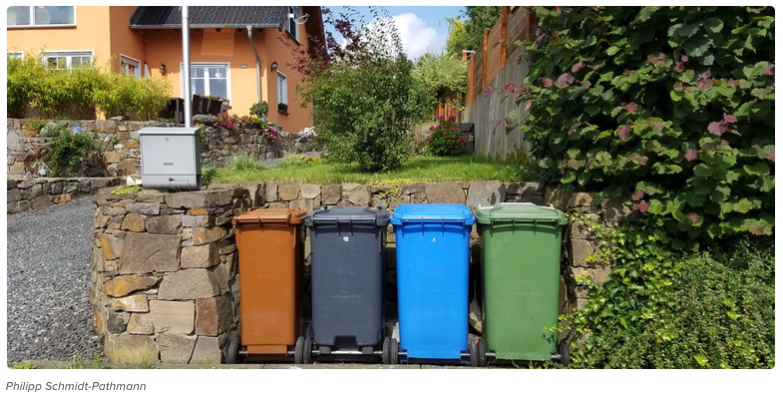Illegal trash dumping causes massive pollution that leads to destruction


Illegal trash dumping causes massive pollution that leads to destruction

In the 600-page review that was commissioned in 2019 by Britain’s Treasury, the University of Cambridge economist warned that current economic growth and prosperity have “come at a devastating cost to nature.” He said declines in biodiversity and the environment’s ability to provide food, clean water and air are “fueling extreme risk and uncertainty for our economies and well-being.”
The coronavirus pandemic and the associated economic calamity is just one illustration, he said, of what can happen when habitats are destroyed and species exploited.
While there is no doubt that the prevention of municipal solid waste (MSW) generation should sit at the top of any public policy, industrial strategy and individual behaviour, just like reducing the consumption of energy, this proposition might mislead the public into thinking that waste can suddenly disappear if only we had the will to make it happen. Despite these unattainable expectations, the ‘Zero Waste’ concept has become a viral and omnipresent phrase in recent years. A Google search of this term shows around half a million hits, as of March 2020, and countless government and non-governmental organisation initiatives worldwide. Zero Waste seems to be the only acceptable aim for today’s politicians who embrace an environmentally friendly platform. As a result, countries and municipalities all over the globe have committed themselves to achieving the goal of Zero Waste. So far, however, nobody has managed it, and given the many scientific and practical roadblocks, no one ever will.

The tone of his statement regarding Germany suggests that Mr. Mittelstaedt is either unfamiliar with the differences in technology that have taken place since the 1970s when one could speak of incineration or, for his and his industry’s own gain, is purposely painting a false picture of the technologies used.